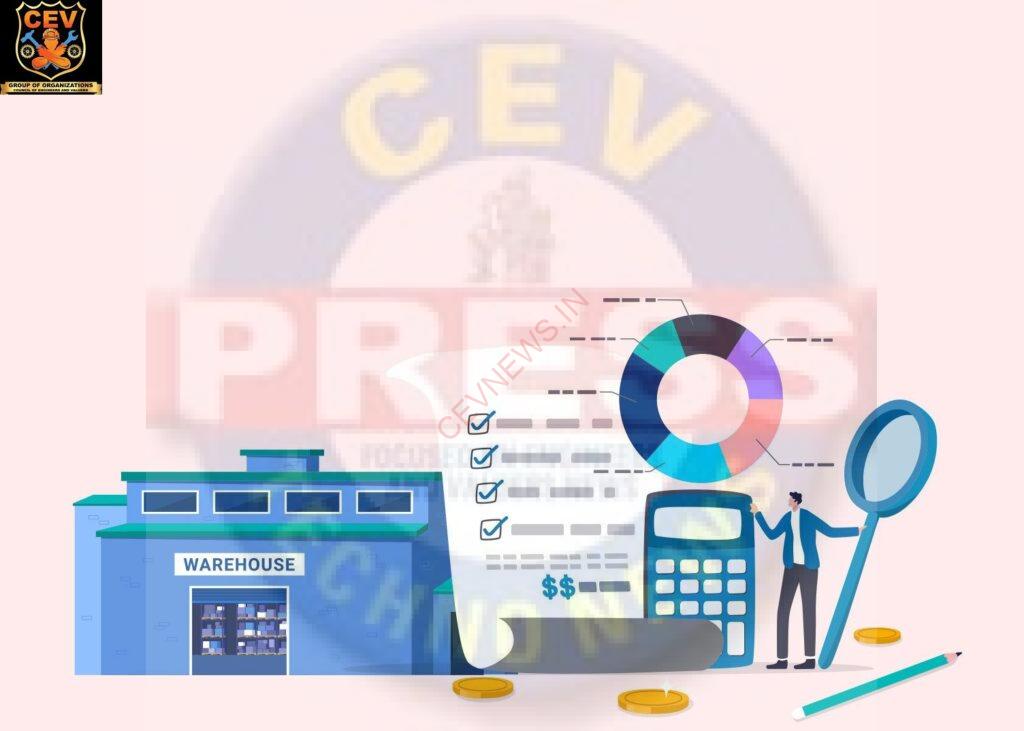CHALLENGES AND SOLUTIONS IN VALUING LESSOR’S INTEREST IN LEASED PROPERTY IN INDIA
Challenges and Solutions in Valuing Lessor’s Interest in Leased Property in India
Leasing has emerged as a popular option for both commercial and residential properties in India. However, valuing the lessor’s interest in leased property poses several challenges, primarily due to the lack of clear guidelines and standardization in the valuation process. Here, we delve into the key challenges faced in valuing the lessor’s interest in leased property in India and propose potential solutions to address them.
Challenges:
- Lack of Standardization: One of the primary challenges in valuing lessor’s interest in leased property is the absence of standardized valuation methods. Unlike developed markets, where clear guidelines exist, India lacks uniformity in valuation practices, leading to inconsistency and subjectivity.
- Complex Lease Structures: Lease agreements in India often involve complex structures with various clauses, such as escalation clauses, renewal options, and rent-free periods. These complexities make it difficult to accurately assess the lessor’s interest, especially when forecasting future cash flows.
- Market Volatility: India’s real estate market is prone to volatility, influenced by factors like economic conditions, regulatory changes, and geopolitical events. This volatility adds another layer of uncertainty to the valuation process, making it challenging to determine the lessor’s interest accurately.

- Limited Data Availability: Adequate data is crucial for valuing leased properties effectively. However, in India, data availability concerning lease transactions, rental rates, and property performance is often limited or unreliable, hindering the valuation process.
- Legal and Regulatory Framework: India’s legal and regulatory framework pertaining to leases is complex and fragmented across various statutes and regulations. Navigating through these legal intricacies poses a challenge for valuers, affecting the accuracy and reliability of their assessments.
Solutions:
- Standardization of Valuation Practices: Introducing standardized valuation practices specific to leased properties can enhance transparency and consistency in the valuation process. Developing guidelines or adopting international standards can provide clarity and uniformity to valuers.
- Technology Integration: Leveraging technology, such as data analytics and artificial intelligence, can streamline the valuation process by analyzing vast amounts of data and identifying trends. This technological integration can improve the accuracy of projections and mitigate the impact of market volatility.
- Enhanced Disclosure Requirements: Implementing enhanced disclosure requirements for lease agreements can improve data availability and transparency in the market. Mandating comprehensive reporting of lease terms and financials can facilitate more informed valuation assessments.
- Capacity Building and Training: Investing in capacity building and training programs for valuers can enhance their skills and knowledge in valuing leased properties. Providing education on specialized valuation techniques and legal aspects can equip valuers to overcome challenges effectively.
- Streamlined Regulatory Framework: Streamlining the legal and regulatory framework governing lease transactions can simplify the valuation process. Consolidating relevant laws and regulations, along with clear guidance on lease accounting standards, can reduce ambiguity and facilitate accurate valuations.
While valuing lessor’s interest in leased property in India presents several challenges, adopting standardized practices, leveraging technology, improving data availability, investing in capacity building, and streamlining regulations can contribute to overcoming these hurdles. By addressing these challenges, stakeholders can enhance the transparency, reliability, and efficiency of the valuation process, thereby fostering a conducive environment for leasing activities in India’s real estate market.


